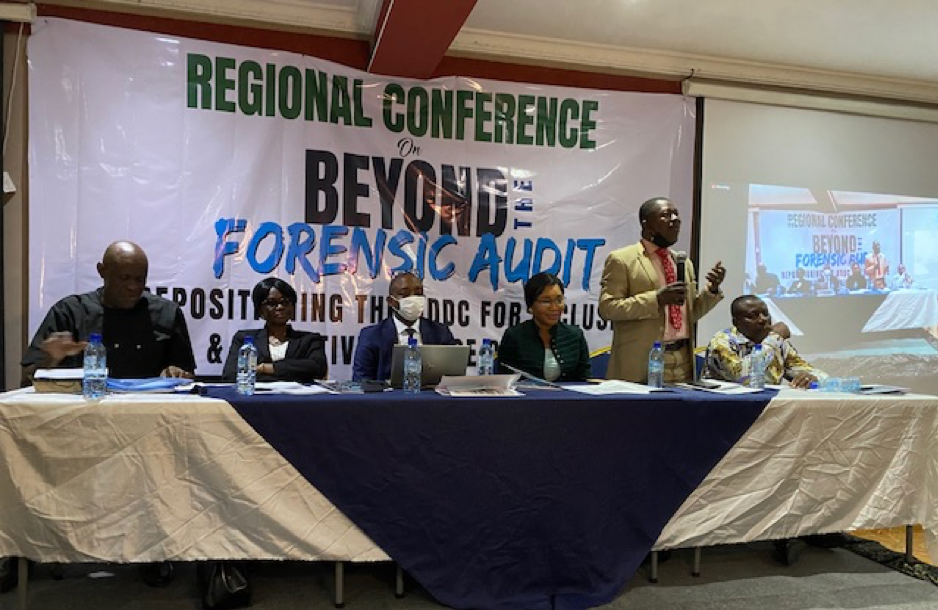
At the just concluded Social Action’s Regional Accountability Conference on “Beyond The Forensic Audit”, development experts, anti-graft agencies, duty bearers, academia and community groups have all identified poor oversight and supervision by the Presidency, the Ministry of the Niger Delta and the National Assembly as main enablers of corruption and are primarily responsible for the failure of the Niger Delta Development Commission (NDDC) to live up to its mandates. This view is contained in the Communique issued at the end of the conference and released to the media by Social Action in Port Harcourt on Thursday 24th February 2022. The conference which aimed at ensuring how effective collaboration between duty bearers, anti-graft agencies, civil society and other critical stakeholders can contribute to repositioning the Niger Delta Development Commission to the path of prudence and accountability, urged the citizens to take up the responsibility of fighting corruption in NDDC by working closely with relevant anti-graft agencies and public institutions like the Bureau of Public Procurement.
Launching of the Citizens report on budget and projects of the Niger Delta Development Commission by the Director Advocacy of Social Action flanked by dignitaries from the public and private sectors
While presenting the welcome address, Vivian Bellonwu of Social Action noted that the NDDC has lost its purpose of creation and has failed to keep up with its social contract. She, therefore, calls for all hands to be on deck to bring about a complete overhauling of the NDDC system. In the same vein, the Public Relations Officer of the Economic and Financial Crimes Commission (EFCC), representing the Zonal Commandant, Mr. Dele Oyewole noted that “there is no way we can achieve effective service delivery in NDDC without the participation of everybody in the Niger Delta”. He emphasized the need for public ownership of the fight against corruption, citing the fact that abandoned projects are sited in environments where people lives and so should collaborate with relevant authorities to end the menace posed by corruption. Corroborating the statement of the EFCC representative, Mrs. Ekere Usieri, the Zonal Director of Independent Corrupt Practices and other Related Offenses Commission (ICPC) affirmed that her agency is willing to work with the citizens and the NDDC to put an end to the deep-rooted level of corruption in the NDDC.
While presenting a paper on Strengthening Service Delivery through Effective Procurement Process in Public Institution, the representative of the Director-General of the Bureau of Public Procurement, Mr. Adebowale Adedokun referred to the CSOs as credible drivers in the process of strengthening service delivery in the NDDC. He called for a change of approach and the need for citizens to acquire prerequisite skills in carrying out projects monitoring and to stop unscrupulous contractors from stealing public resources.
The occasion of the Regional Accountability Conference was used to launch a report by Social Action, “Pond of Crocodiles: Citizens Report on Budgets and Projects of the Niger Delta Development Commission”. The report contains the analysis of the NDDC 2019 Approved Capital Budget and reports of coordinated field monitoring of NDDC projects across five states of the Niger Delta. The findings of the budget monitoring exercise by Social Action, its partners and community monitors, revealed several issues inhibiting the effectiveness of the NDDC including questionable funds allocations, project abandonment, delay in annual budget passage and over-ambitious and unrealistic projects pursuits, oversight and supervision complacency among others.
While summarizing the findings of the report, the Programmes Coordinator of Social Action, Isaac Botti revealed that some 172 projects were monitored across five states of the Niger Delta, out of which 47% were not existing, 38% abandoned, 22% completed and 4% still ongoing. He further stated that frivolous expenditures in the regional allocation in the 2019 budget of the NDDC amounted to N31 billion. Social Action’s, Vivian Bello while unveiling the report, charged attendees to take advantage of the veritable information contained in the publication to engage the government and the NDDC on inclusive and effective service delivery. She stressed that the report is a detailed, well-researched document with pains-taken field observations that should not just grace the table or shelves in our offices and home but should be used as advocacy tools.
Key recommendations from the report include the overhauling of the NDDC by constituting the substantive board, ensuring open budget and transparency of operations, strict adherence to procurement procedures laws and standards and active monitoring of financial and procurement activities of the NDDC by anti-graft agencies. Others are an improved legislative and administrative oversight of the Commission, strengthened community engagement and participation in budget and project implementation and multi-stakeholder partnership to constantly monitor the activities of the NDDC.
The Conference advised the President Muhammadu Buhari government to take decisive action on the forensic audit of the NDDC and prosecute those found culpable for malfeasance and collusion leading to the abandonment of over 12,000 projects and diversion of trillions of naira meant for the execution of development projects in the Niger Delta.

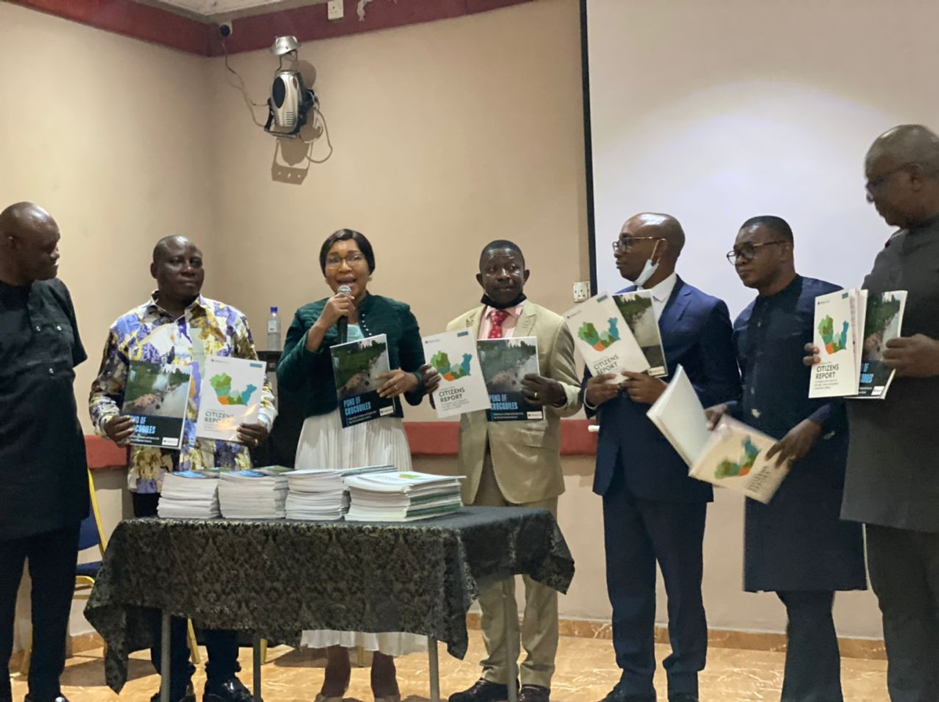
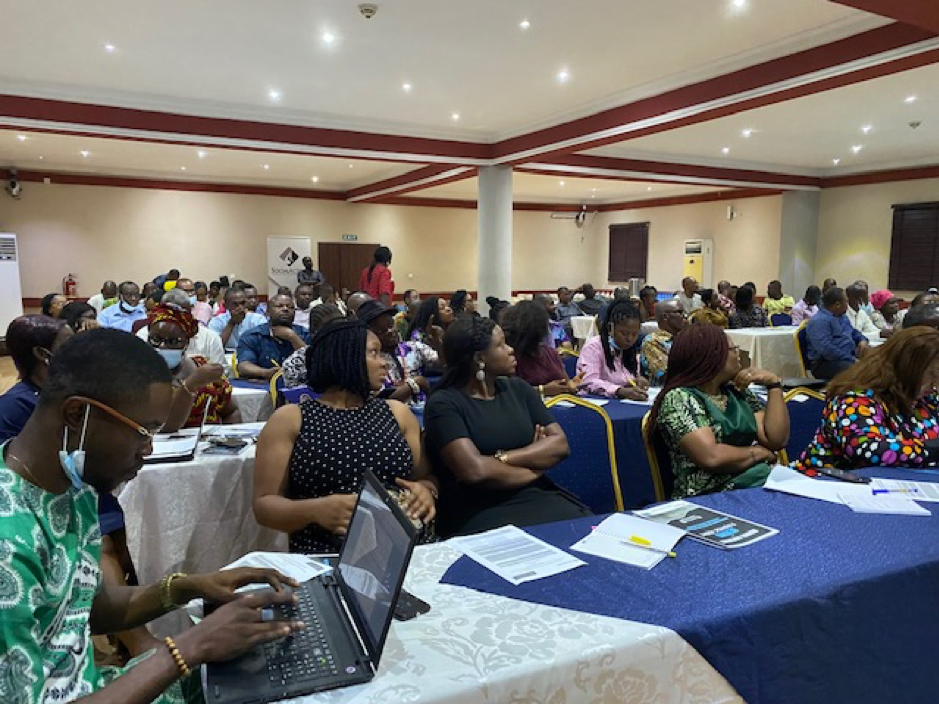
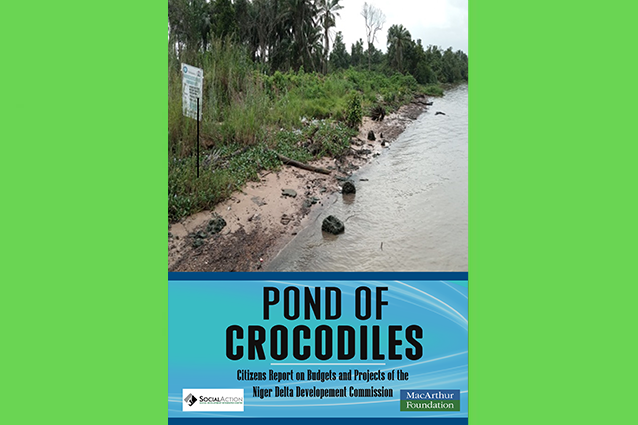
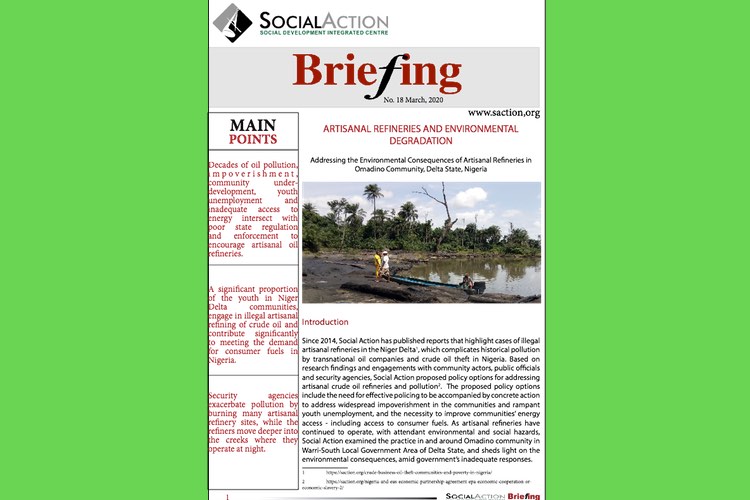
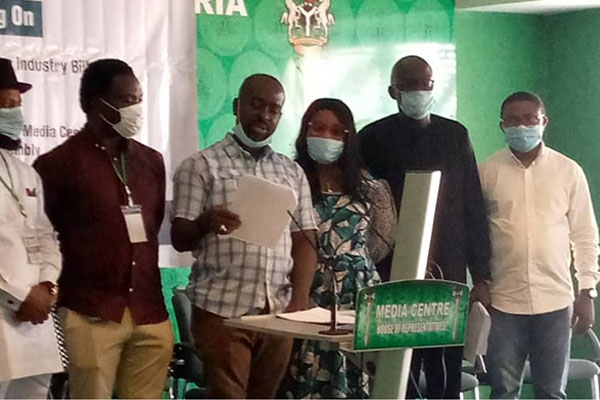
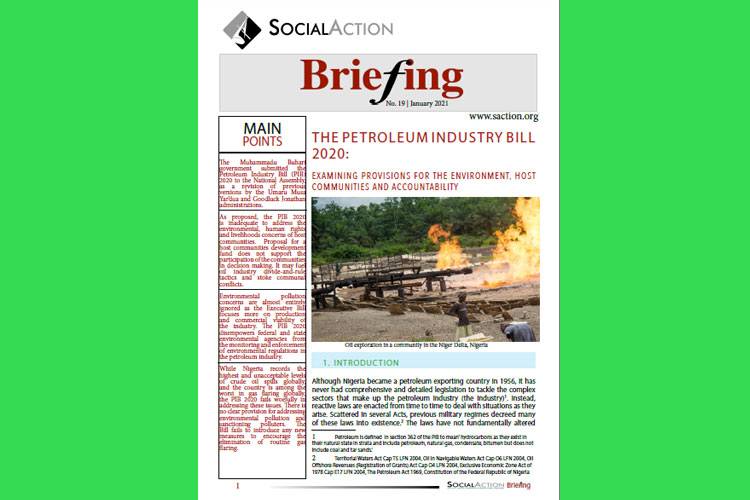
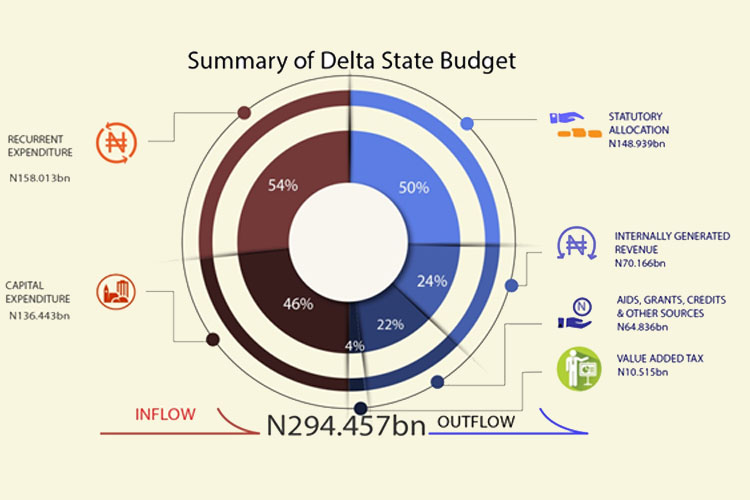
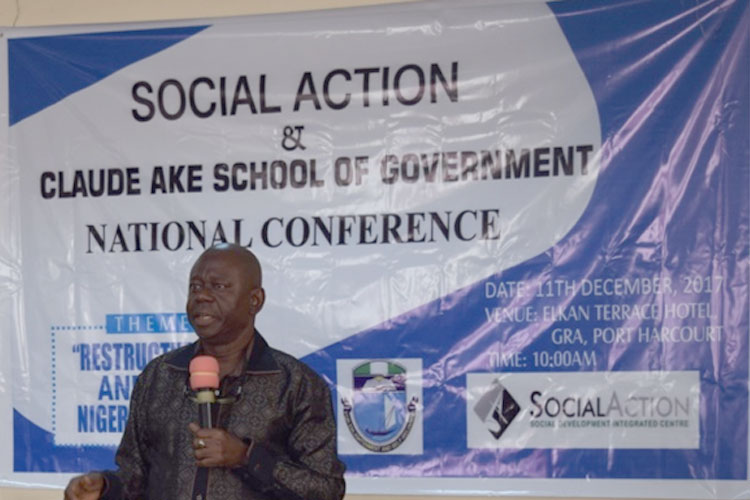
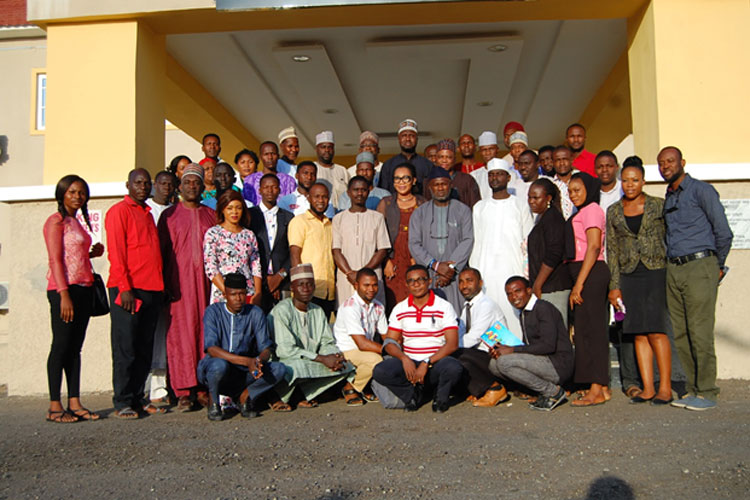
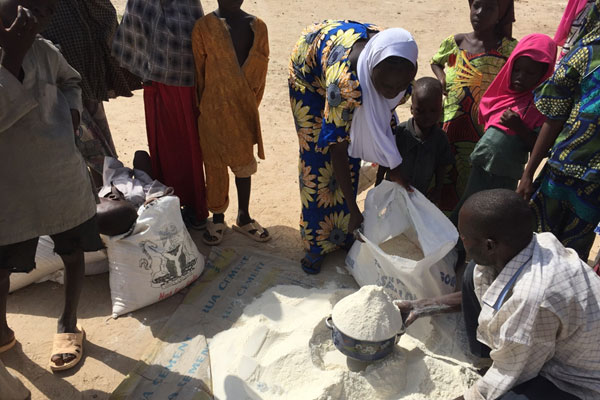
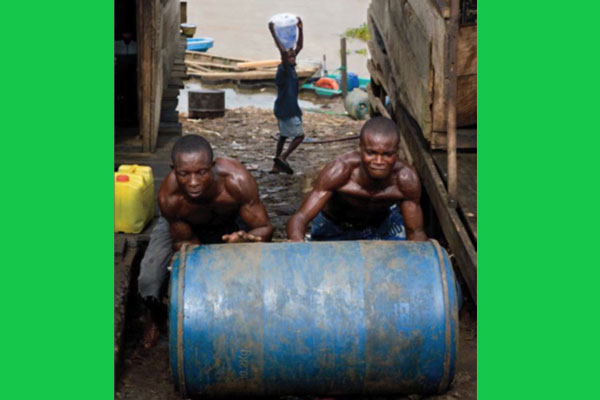
 Life expectancy in the Niger Delta averages just 40 years, compared to between 53 and 55 within Nigeria as a whole. Yet, the Nigerian state and the multinational corporations operating in the Niger Delta have refused to address the historical processes that led from a ‘usable’ Niger Delta of the 1950s, to a current population of unemployed, ‘unusable’, youths castigated to the margins of Nigerian society.
Life expectancy in the Niger Delta averages just 40 years, compared to between 53 and 55 within Nigeria as a whole. Yet, the Nigerian state and the multinational corporations operating in the Niger Delta have refused to address the historical processes that led from a ‘usable’ Niger Delta of the 1950s, to a current population of unemployed, ‘unusable’, youths castigated to the margins of Nigerian society.